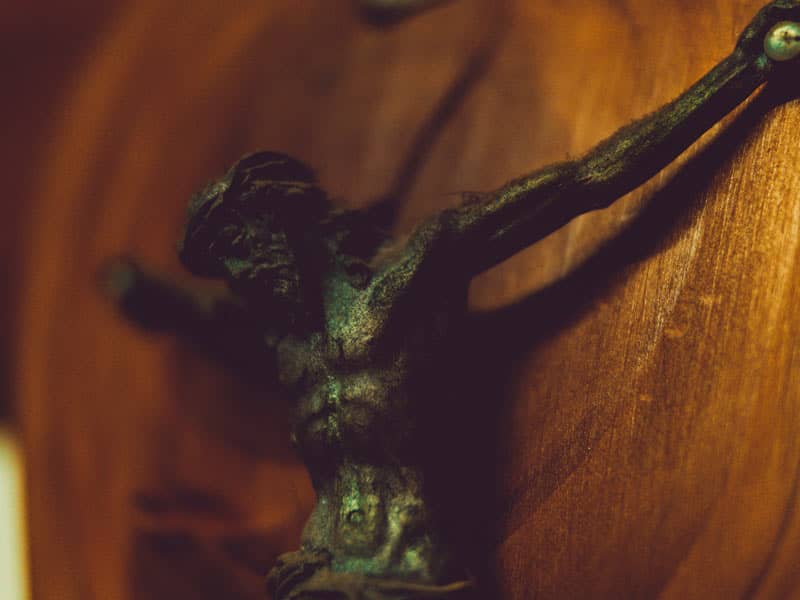As a religion writer for The New York Times, Ari Goldman covered Cardinal O'Connor from 1983 to 1993. His relationship with the Cardinal was not unlike that of most reporters and their subjects--there were times of intimacy and times of estrangement. Mr. Goldman, author of The Search for God at Harvard and Being Jewish, is now a professor of journalism at Columbia University.
We hit it off from the beginning. I'm an Orthodox Jew and I think he felt that he had found a kindred spirit. I took his religion seriously, and the Cardinal appreciated that.
On the eve of his coming to New York, he made a statement comparing abortion to the Holocaust. He talked about being in Dachau and thinking about aborted babies. This was right before he left Scranton. It was barely reported in the papers, but the Times editorialized against this comparison. It really slammed him.
I called him up and asked if he had seen the editorial. He was wounded by it. He needed to talk about it and explain that he didn't mean to offend people. I let him have his say in a follow-up article. He loved me for that article, because it gave him a chance to present himself clearly. I think he saw me as an ally.
During my first year of covering him, I had a lot of access. I called him on his private line. After about a year, I was assigned to do a magazine article on him for the Times. I wrote a tough piece. It's one thing to be a daily journalist and write what he says, but it's another thing to probe deeper, to talk to a person's enemies. I lost access after that. All the good will I had built up had dissipated. Eventually we recovered, but it was never the same.
In 1995, my mother was in last stages of battling cancer. She was in Sloan Kettering [Cancer Center], where they were aggressively treating her, but it became clear there was nothing more they could do. My stepfather and my brother and I looked for the best place for her, and it turned out to be a Catholic hospice in the Bronx called Calvary. We learned that Jews are good at keeping people alive through aggressive treatment-that they knew how to save sick people-but that Catholics were good at providing for the dying. We were an Orthodox family and wanted her in a Jewish environment, but nothing came close to Calvary Hospital, run by the Archdiocese of New York.
A few days later, I was in a quiet moment with the medical director, and I said, "This is the most amazing facility I've ever seen. My mother is as comfortable as she could be."
And he smiled and said, "It's not every day that the Cardinal calls."
That blew me away. There are 17 Catholic hospitals with something like 1,300 beds in the Archdiocese of New York. And Cardinal O'Connor knew that Ari Goldman's mother was moving into one of those beds in the Bronx.
To this day I don't know how he knew about my mother. I called his secretary, Monsignor [James] McCarthy, and said, "How did you know?" And he said, "The Cardinal knows what's going on."
Six months after my mother died, I got a personal note from the Cardinal. Remember, I was no longer a Times reporter. He had no reason to be nice to me. He owed me nothing. But I received this personal note, which I saved. The Cardinal wrote: "The loss of a parent is so hard . . . We often get a lot of attention when we lose a parent, then six months goes by, and everyone forgets, but you don't forget. I haven't forgotten either." [Pauses]. There are 2.3 million Catholics in the Archdiocese of New York, and I'm a Jew, and he writes that kind of letter to me.

